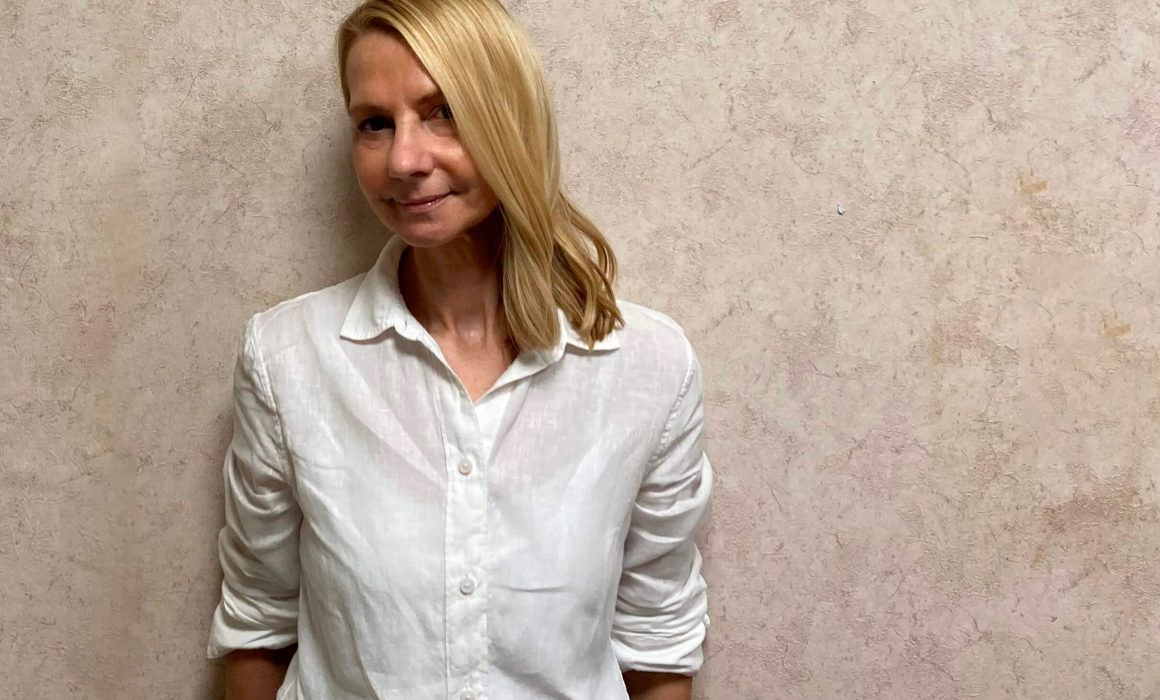Zofia Tryjanski: Meet the New Manhattan Director of Rehabilitation
Motivated to become a physical therapist after caring for a disabled neighbor, Zofia brings compassion and skill to her new role as the leader of The New Jewish Home’s excellent rehabilitation therapy team.
The New Jewish Home, Manhattan’s rehabilitation therapy program has a strong reputation of excellence. Zofia Tryjanski oversees the program as the recently promoted director of rehabilitation. She was first hired as a rehabilitation supervisor in 2013, and became assistant director in 2020. When she arrived at The New Jewish Home, Zofia was impressed by the quality of the team, the innovative approach to treatment and the excellent cardiac rehabilitation program.
Her career path began when, as a young mother, she had the opportunity to be a caregiver to her quadriplegic landlord. Learning how to care for a disabled person—helping him transfer to and from his bed, using a ramp, setting up a shower—was new and fascinating to her. “I learned so much from my day-to-day interactions with my landlord, and I gained expertise that I’m still using today,” she said.
Motivated by her experience, she applied to school to become a physical therapist. (Her daughter, who always watched her mother studying and sometimes even came along with her to classes, is now a doctor herself.)
Zofia supervises the physical and occupational therapists who work with Jewish Home’s long-term residents and short-term patients who are recovering from surgery or illness.
When a subacute patient arrives from the hospital, Zofia reviews their chart and then interviews the patient. “We can learn everything from them. They will tell us what they were doing before they went to the hospital, that’s most important. Even if there’s a deficit in cognition, we listen carefully to them. If they can’t provide a history, we contact their family to find out. We ask: What was your mother like before she came here?” Zofia and the therapists then establish long-term and short-term goals. “The outcome relies on the entire team,” she said: physical and occupational therapists, social worker, psychologist, spiritual services. “It’s a team effort to have the best outcome and plan a safe discharge.”
For the long-term population, she said, every patient is assessed quarterly and annually. “We establish what they can and can’t do independently. As people age, our goals are to prevent loss of function and preserve their dignity.” The team conducts weekly rounds to assess issues like loss of range of motion, pressure injuries, balance issues, and difficulty with movement. “Even minimal changes in medical status can contribute to a decline, so patients need frequent interventions from PTs and OTs to maintain their mobility and the activities of daily living,” Zofia said.
Conventional wisdom, Zofia said, discourages therapists from developing relationships with patients. But for patients who live here, “it’s difficult to fully separate the personal from professional. Rehabilitation therapists and their patients spend a great amount of one-on-one time together. We learn so much from their life experiences. They share recipes, daily life advice—the trusting bond we create is invaluable.”
Rehabilitation therapists are thus often the ones to recognize patient needs, signs of depression, and other issues of concern. “Of course, we’re doing physical activities with them, like lifting weights, but sometimes it’s important to just sit at the edge of the bed and listen to them share their concerns — they want to be heard. It’s very rewarding for us, and we are often the ones who bring to the nurse’s attention that a patient should be seen by a psychologist, or that their family should be contacted.”
For Zofia, no two days are the same. “Every patient changes from day to day. What a patient was able to do yesterday may be different today. We interact with people—we’re responsible for someone’s father, someone’s wife. One of the most important things I’ve learned in my years of experience is that we cannot rush when we perform evaluations and assessments. I don’t leave a patient’s room until I know their needs are met.”
If she had to do it all over again, Zofia reflected, “I would never choose any other field. It’s so rewarding to meet patients’ needs and goals so they can still enjoy a beautiful life.”

